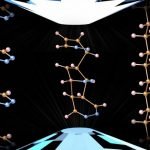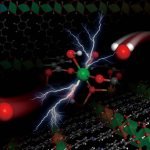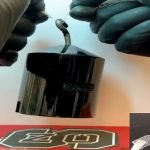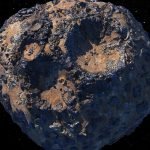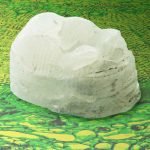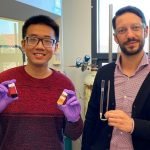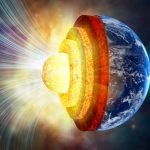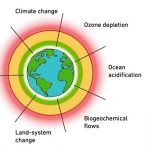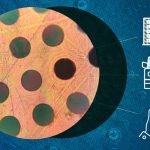Scientists find simple way to create flexible diamonds
As hard as diamond and as flexible as plastic, highly sought-after diamond nanothreads would be poised to revolutionize our world—if they weren’t so difficult...
This cheap catalyst could speed the production of oxygen from water
The material could replace rare metals and lead to more economical production of carbon-neutral fuels.
An electrochemical reaction that splits apart water molecules to produce...
Scientists create new super stretchable and tough materials
Researchers have created new materials that are very stretchable and extremely tough.
“Materials that can be deformed, but that are difficult to break or tear,...
Psyche, the iron giant of asteroids, may be less heavy metal, more hard rock
The asteroid 16 Psyche, which NASA intends to visit with a spacecraft in 2026, may be less heavy metal and more hard rock than...
What actually is octane?
Do you fill your tank up with premium gas?
The American Automobile Association estimates that Americans waste $2 BILLION a year buying premium gas...
This plant-derived composite is tough as bone and hard as aluminum
The strongest part of a tree lies not in its trunk or its sprawling roots, but in the walls of its microscopic cells.
A single...
New catalyst could turn carbon dioxide into gasoline 1,000 times more efficiently
Engineers working to reverse the proliferation of greenhouse gases know that in addition to reducing carbon dioxide emissions we will also need to remove...
Scientists decode the Earth’s inner core
Earth's core, the deepest part of our planet, is characterized by extremely high pressure and temperature.
It is composed of a liquid outer core and...
Almost all common chemicals on Earth aren’t sustainable, shows study
More than 99% of the most widely produced chemicals aren’t sustainable, research finds.
In addition, their production is based on fossil raw materials and consumes...
Scientists develop new lightweight material stronger than steel
The new material is a two-dimensional polymer that self-assembles into sheets.
It could be used as a lightweight, durable coating for car parts or cell...

